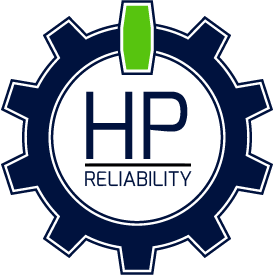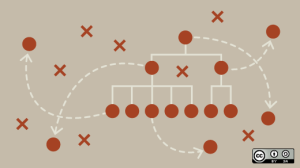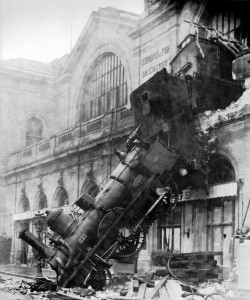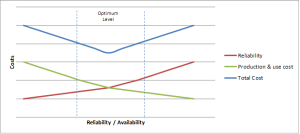Professional Development & Growth
The key to growing your knowledge and career
 To increase your knowledge, you need to learn new things, try new things and generally push outside of your comfort zone. One of the key components of growing your knowledge is knowing what is new and happening in Maintenance, Reliability, and Asset Management.
To increase your knowledge, you need to learn new things, try new things and generally push outside of your comfort zone. One of the key components of growing your knowledge is knowing what is new and happening in Maintenance, Reliability, and Asset Management.
I recently had the privilege to attend and present two papers at the Society of Maintenance & Reliability Professional’s 2016 Annual Conference in Jacksonville. This premier event was 5 days long. The conference had 3 Days of workshops and […]




